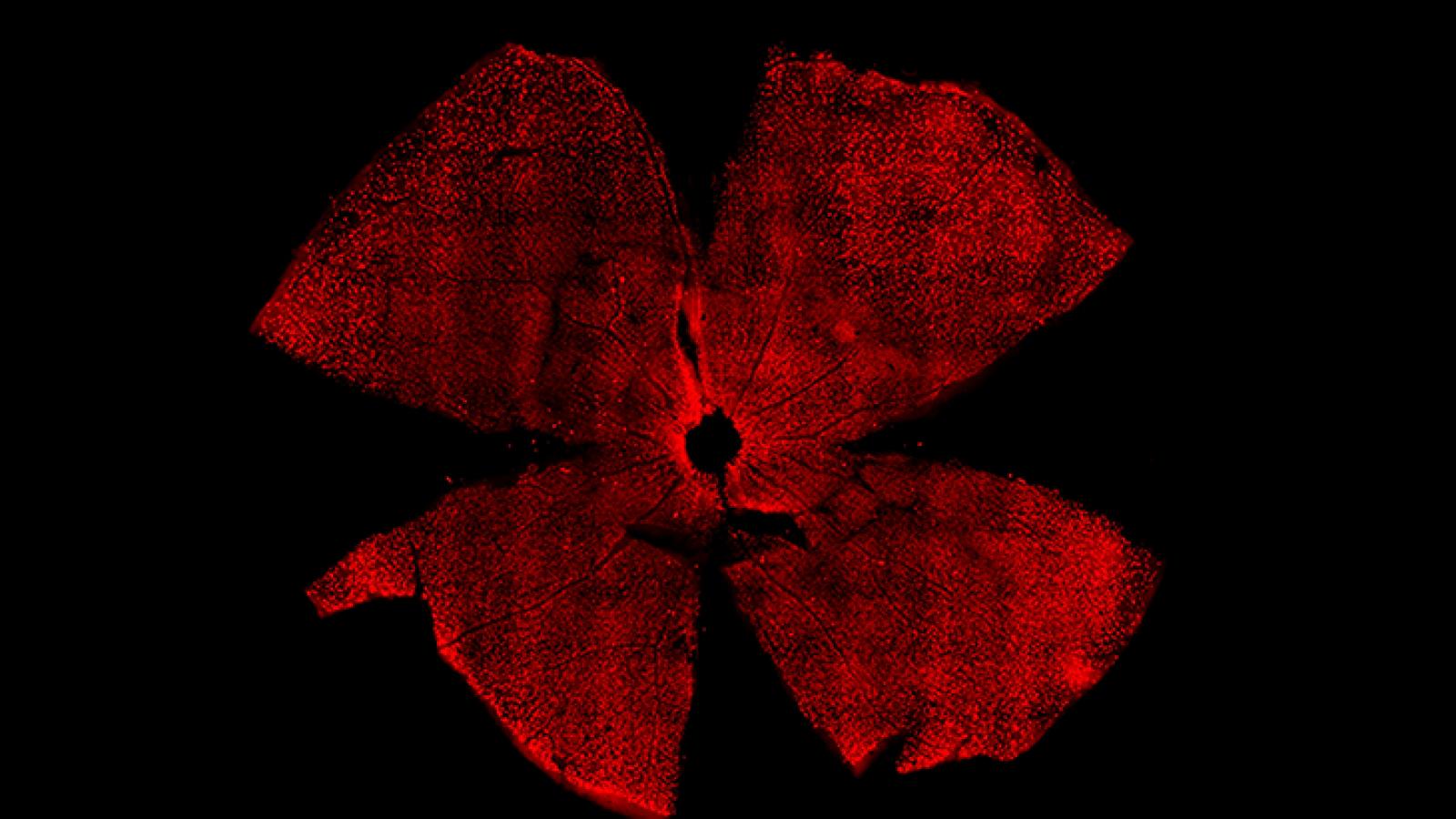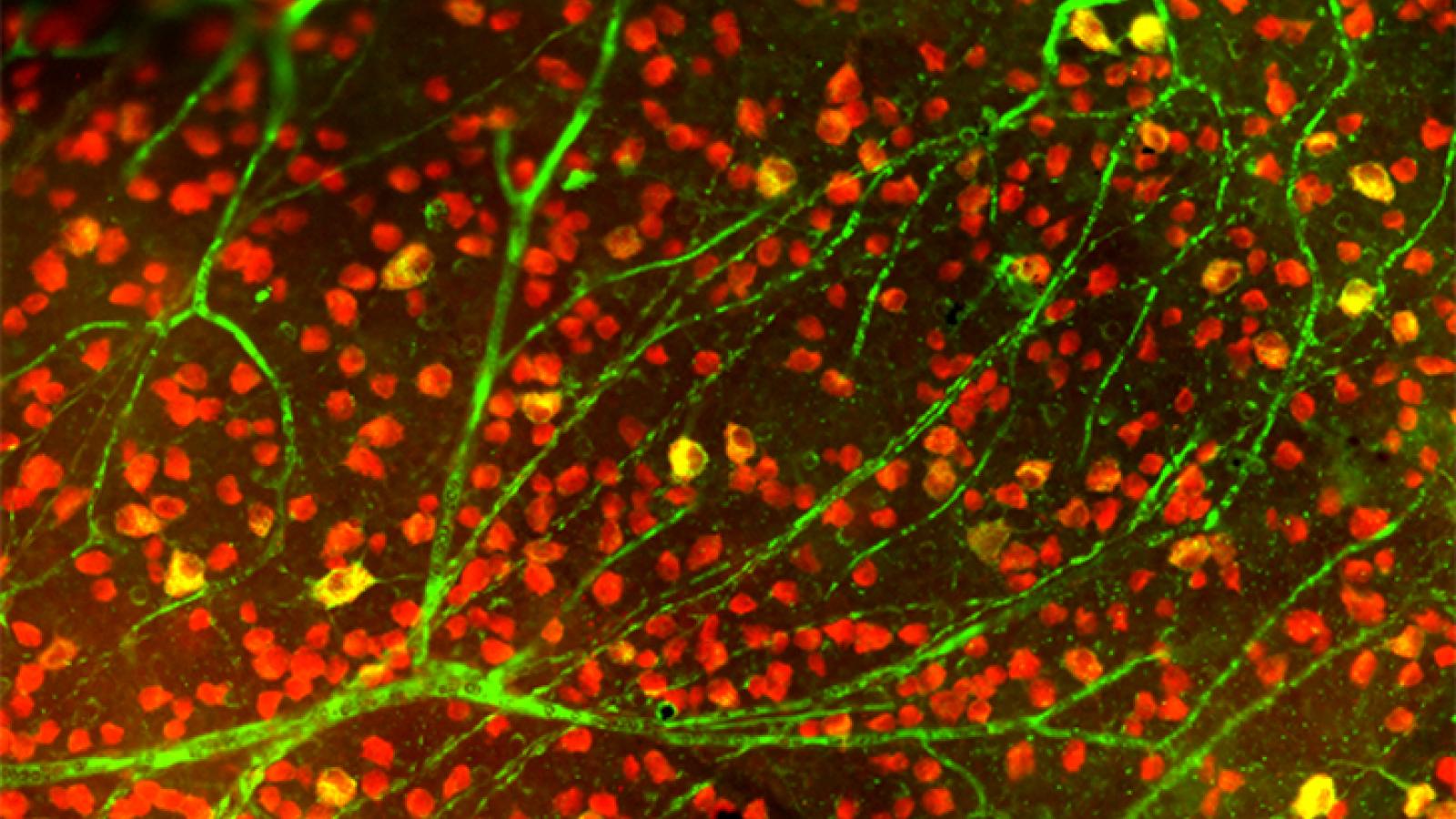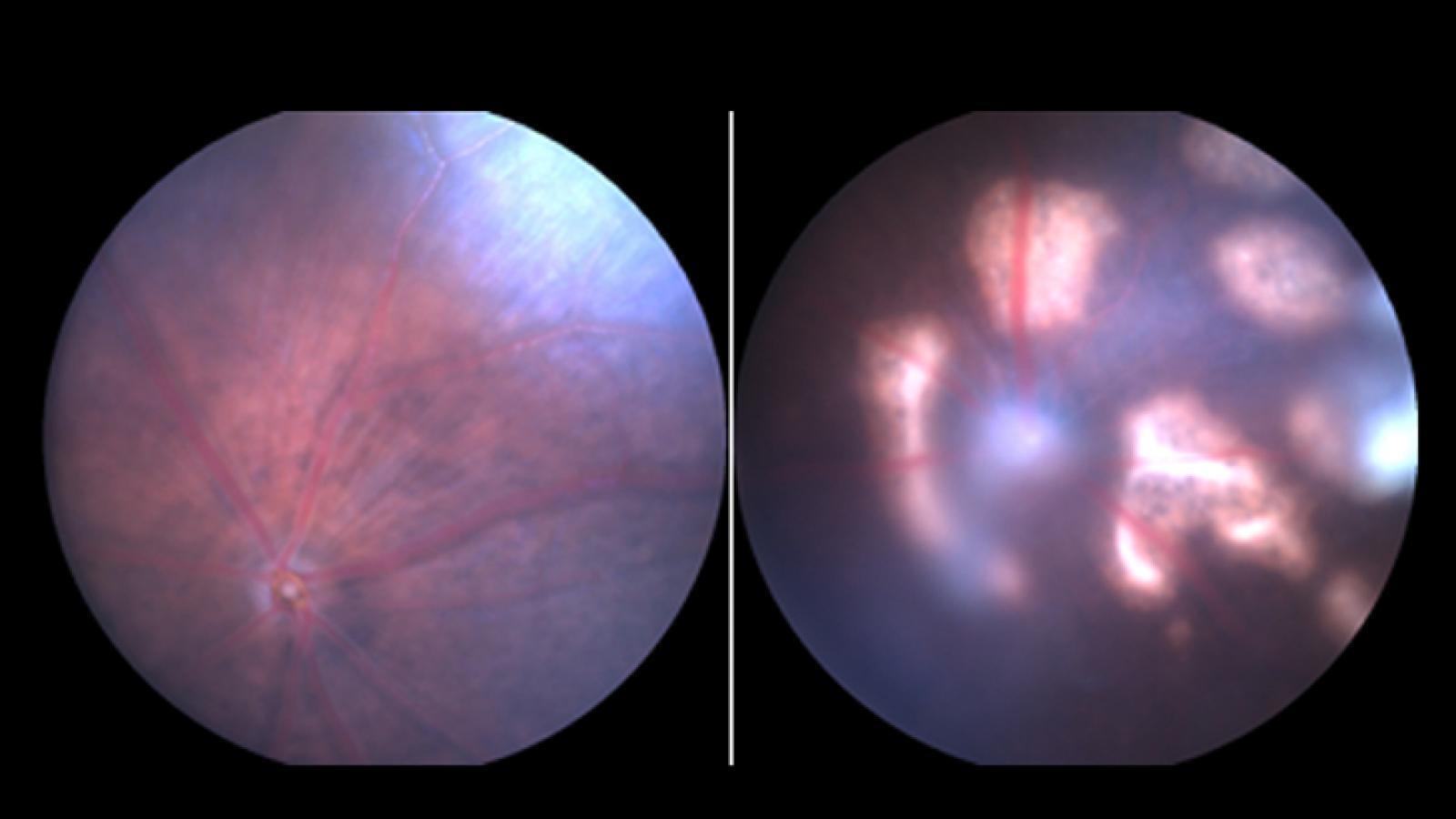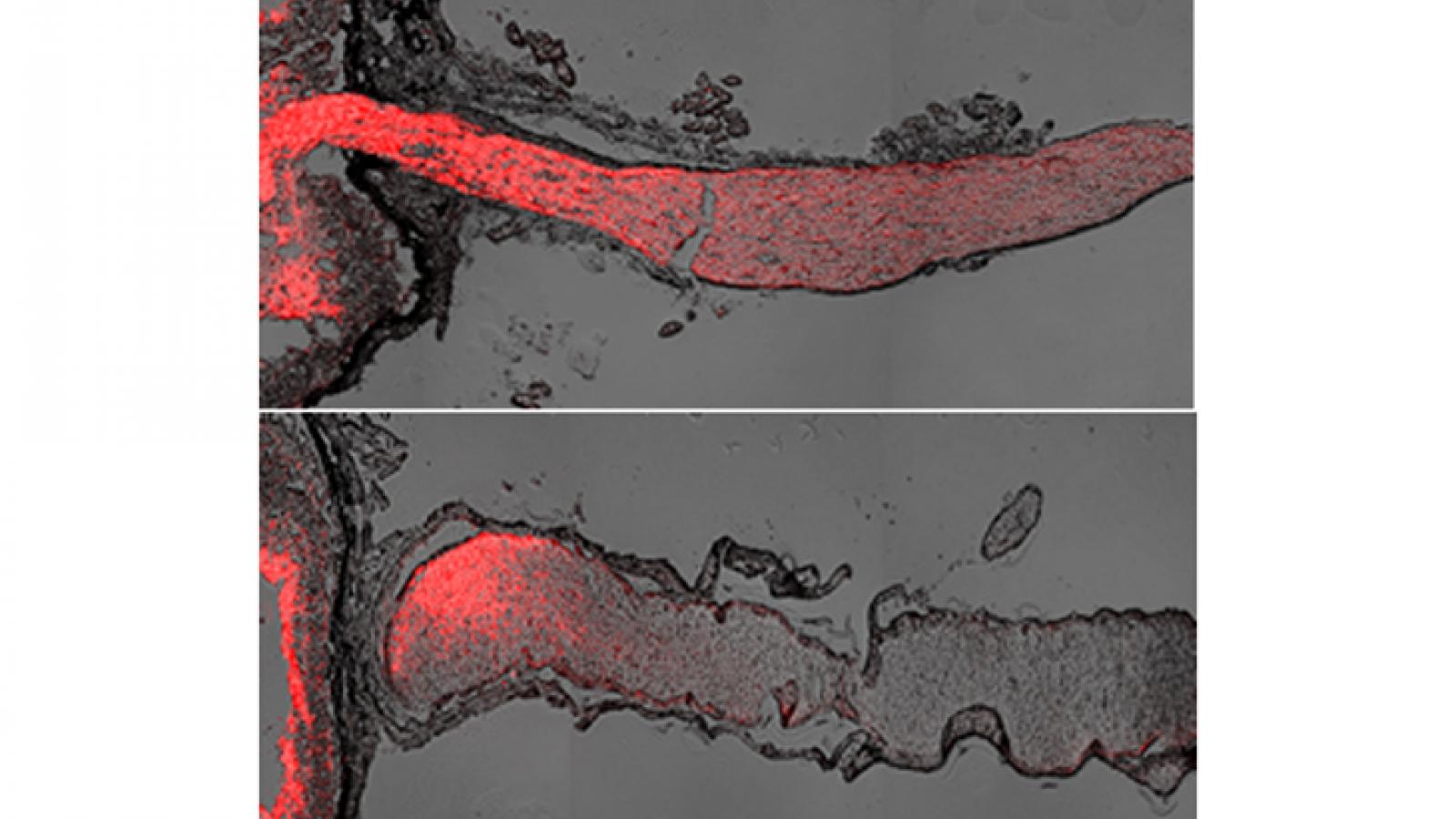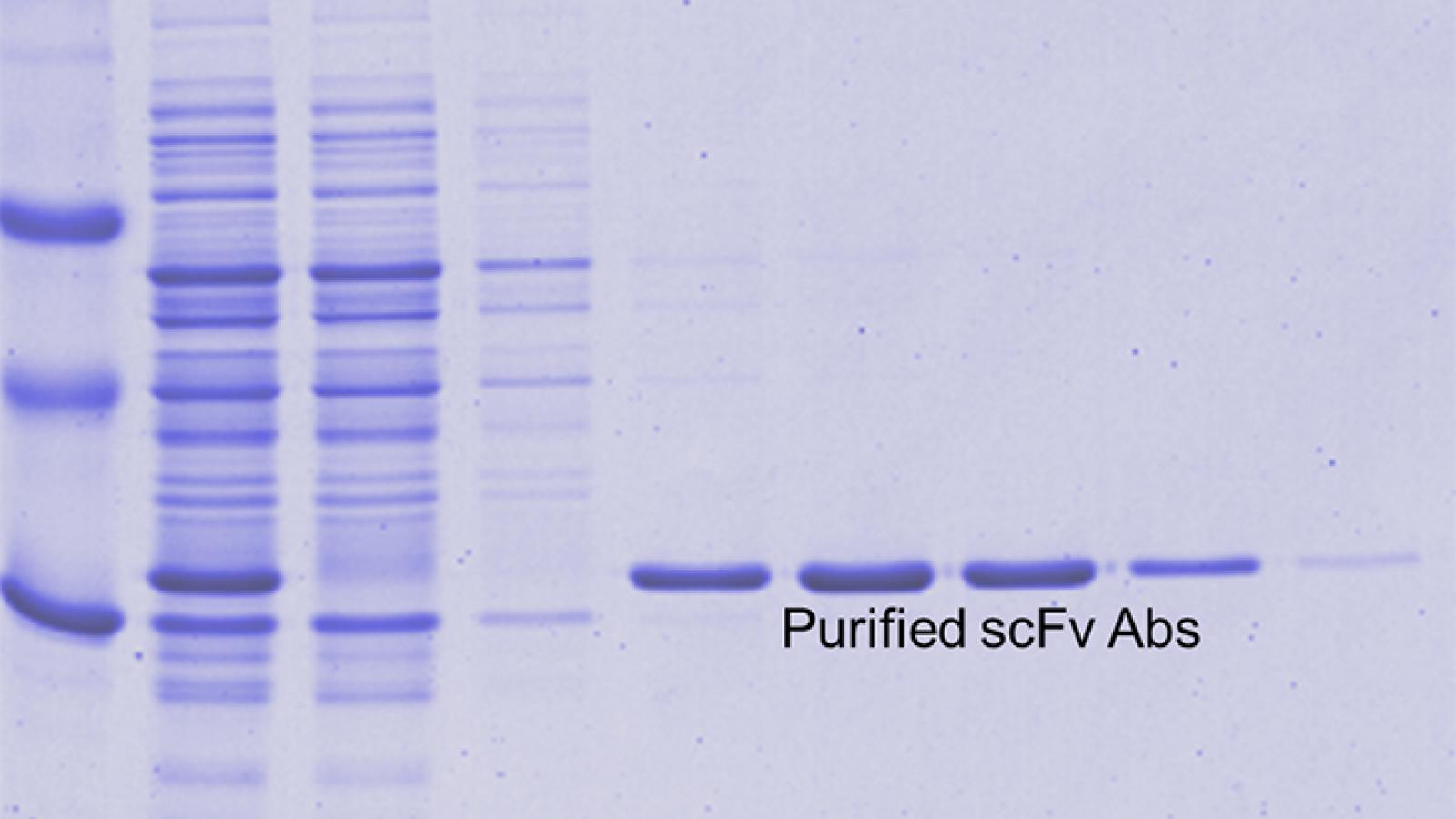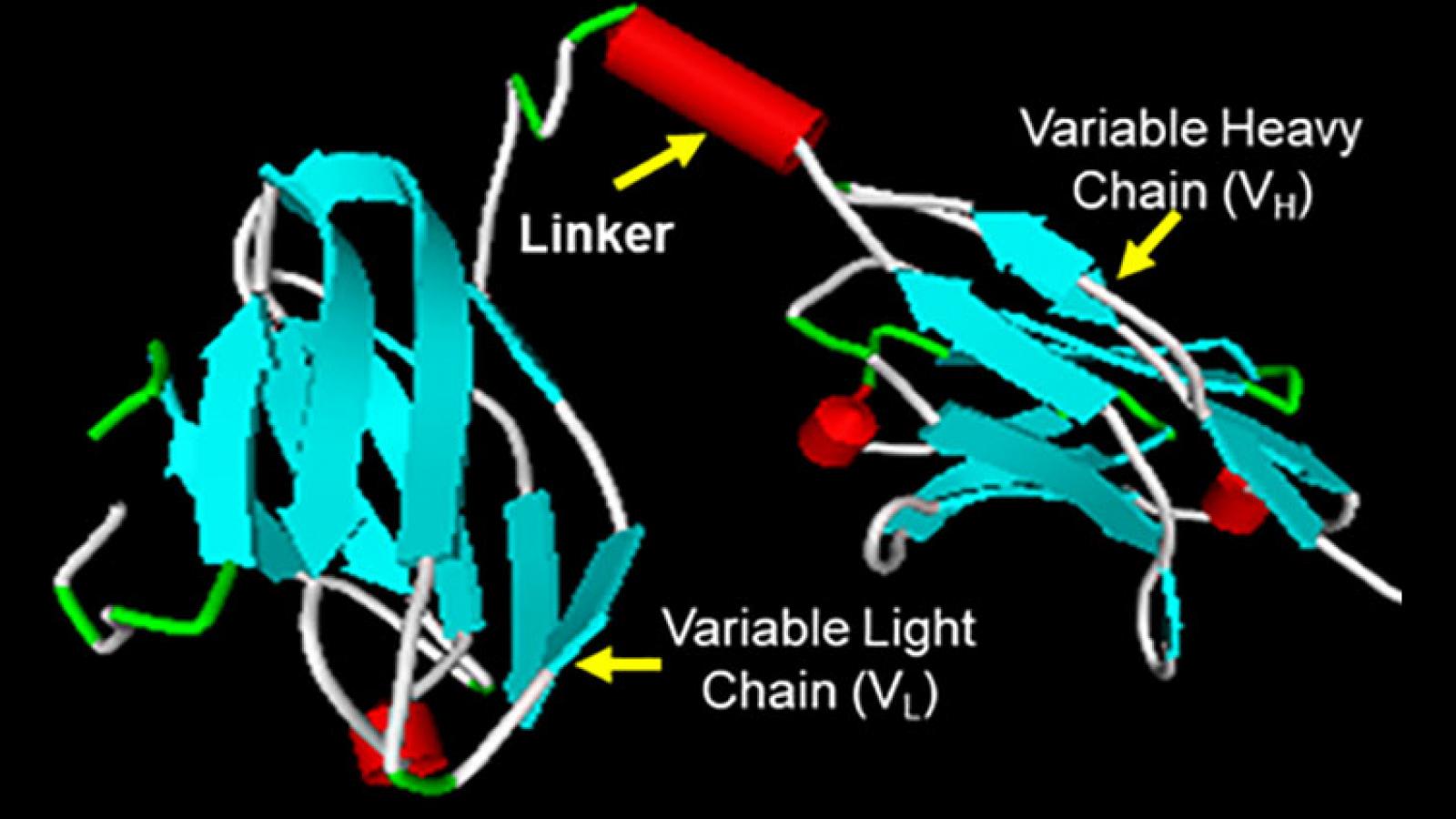The goal of the Singh lab is to find new ways to prevent and treat ocular infectious diseases and glaucoma that cause blindness. Our lab studies host-pathogen interactions and molecular mechanisms of disease pathogenesis, and we are working to develop novel therapies for various ocular complications. The Singh lab was awarded a $1.9-million research grant from NEI/NIH to study the role of Zika virus (ZIKV) in congenital glaucoma.
Glaucoma is traditionally considered a genetic and age-related disease, and elevated intra-ocular pressure (IOP) is the primary pathologic risk factor, however, glaucomatous retinal ganglion cell (RGC) and axon loss has been observed in individuals even with normal IOP and on IOP-lowering medication. In addition, the 2015 ZIKV epidemics provided evidence for the first time that exposure to this virus during pregnancy can result in congenital glaucoma. ZIKV belongs to the genus Flavivirus and is closely related to Dengue, Yellow Fever, Japanese Encephalitis and West Nile Virus. Globally, Flaviviruses infect as many as 400 million people annually, but their ocular complications remain underreported.
Using mouse models of ZIKV infection, our lab discovered that this virus can damage trabecular meshwork cells, resulting in increased IOP, damage to the optical nerve, and RGC loss, all considered hallmarks of glaucoma. Our research uses both in vivo and in vitro models (neonatal and pregnant mouse models of infection) to decipher the molecular mechanisms of the disease and to develop therapeutic interventions for their treatment.
Our lab also studies how innate immunity affects the pathogenesis of conventional glaucoma using an ocular hypertension model. Using cutting-edge "Omics" technology such as transcriptomics, proteomics and metabolomics, we are trying to understand the disease mechanism and develop immunomodulatory therapies. In addition, our lab employs AAV-mediated gene therapy to study the ability of various neurotrophic factors as neuroprotective or anti-neuroinflammatory agents to protect and prevent the death of retinal ganglion cells in glaucoma.
Our research further includes using phage display for the development of recombinant antibodies against infectious agents, including a recombinant single-chain variable fragment antibody against a Staphylococcal superantigen Staphylococcal Enterotoxin B. Using site-directed mutagenesis and phage display, our long-term goal is to develop protein- and antibody-based therapeutics against SARS-CoV-2 and other Staphylococcal superantigens that cause lethal diseases in humans.
Become part of our Team
Postdoc Position
We are looking for highly motivated candidates with a strong background in Immunology, Epigenetics, Neurobiology, Molecular Biology, and/or Cellular Biology, either a recently graduated PhD or someone with less than 3 years of postdoctoral experience. Experience working with viruses and rodent models is a plus. Good oral and written communication skills are required. Interested candidates can submit their CV, cover letter and research statement, along with the name and contact details of three references for consideration, to principal investigator Pawan Singh at pksfcq@health.missouri.edu.
Research Positions
We are also looking for undergraduate, graduate, and medical students who are interested in joining our team for research in the field of glaucoma, infectious disease, immunology, and microbiology. Interested candidates should reach out to the above email.


